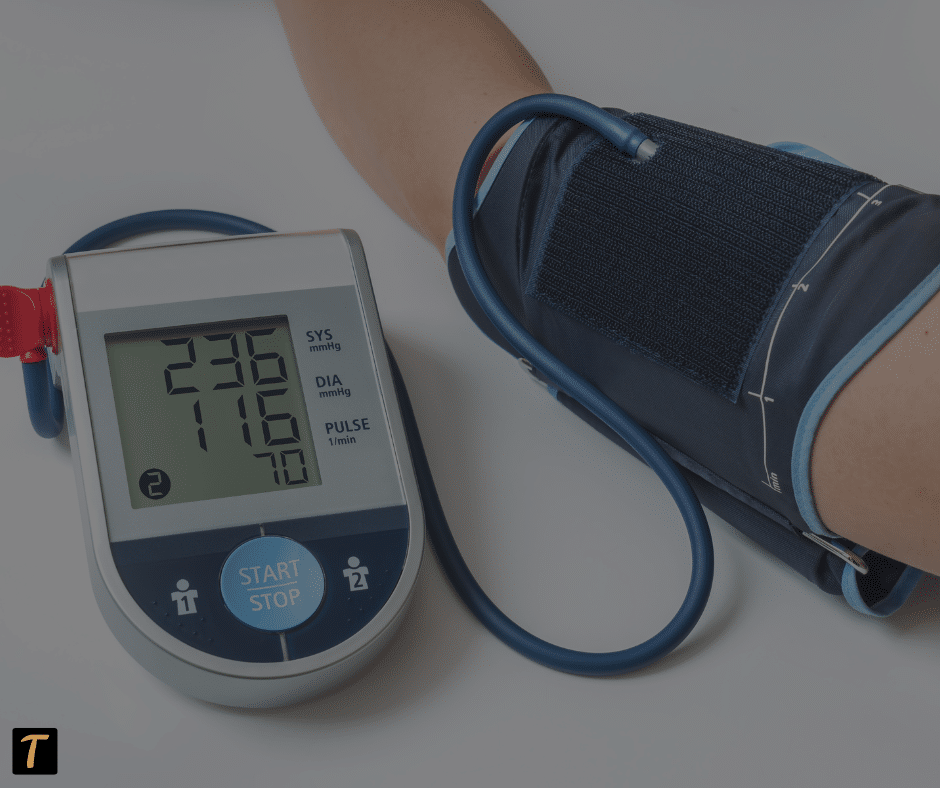Understanding High Blood Pressure
Understanding High Blood Pressure: The Silent Killer
High blood pressure, also known as hypertension, affects nearly 1 in 3 adults in the United States, according to the Centers for Disease Control and Prevention (CDC). On a global scale, the World Health Organization (WHO) estimates that approximately 1.28 billion adults worldwide have hypertension, with many unaware of their condition.
Despite being a common condition, it is often called a “silent killer” because it typically has no noticeable symptoms until significant damage has been done to the body. This blog explores the causes, consequences, and management strategies for high blood pressure while offering hope to those navigating this condition.

What is High Blood Pressure?
Blood pressure is the force exerted by blood against the walls of the arteries. It is measured in two numbers:
- Systolic pressure: The pressure when your heart beats.
- Diastolic pressure: The pressure when your heart is at rest between beats.
A normal blood pressure reading is around 120/80 mmHg. Readings consistently higher than 130/80 mmHg may indicate hypertension.
The Hidden Risks of High Blood Pressure
Without management, high blood pressure can lead to severe health issues, including:
- Heart disease: Hypertension is a leading cause of heart attacks and heart failure.
- Stroke: Elevated blood pressure damages arteries, increasing the risk of stroke.
- Kidney damage: Hypertension can impair kidney function, potentially leading to kidney failure.
- Vision problems: High pressure can damage the blood vessels in the eyes, causing vision loss.
The World Health Organization (WHO) reports that hypertension contributes to approximately 7.5 million deaths annually, highlighting its global impact. Furthermore, only 1 in 5 individuals with hypertension have the condition under control, underscoring the urgent need for awareness and treatment.
Causes of High Blood Pressure
The causes of high blood pressure vary and can be categorized into two main types:
- Primary (essential) hypertension: Develops over time with no identifiable cause. Risk factors include genetics, poor diet, and lack of physical activity.
- Secondary hypertension: Caused by underlying medical conditions, such as kidney disease, sleep apnea, or certain medications.
Symptoms of High Blood Pressure
While high blood pressure is often asymptomatic, in some cases, individuals may experience:
- Severe headaches
- Fatigue or confusion
- Chest pain
- Vision problems
- Irregular heartbeat
- Blood in the urine
These symptoms warrant immediate medical attention, as they may signal a hypertensive crisis or complications.
How to Manage and Prevent High Blood Pressure
Effective management and prevention are possible with lifestyle changes and, when necessary, medical intervention. Here are practical steps:
1. Adopt a Heart-Healthy Diet
The DASH diet (Dietary Approaches to Stop Hypertension) emphasizes foods rich in potassium, magnesium, and fiber, such as fruits, vegetables, whole grains, and lean proteins. Limiting sodium intake to less than 2,300 mg per day can also make a significant difference.
2. Regular Physical Activity
Engage in at least 150 minutes of moderate aerobic exercise per week, such as walking, cycling, or swimming. Exercise strengthens the heart, reducing the strain on arteries.
3. Maintain a Healthy Weight
Excess weight can increase the risk of hypertension. Losing just 5-10% of body weight can lower blood pressure levels and improve overall health.
4. Limit Alcohol and Avoid Smoking
Excessive alcohol consumption and smoking can elevate blood pressure. Reducing alcohol intake to moderate levels and quitting smoking can greatly improve cardiovascular health.
5. Manage Stress
Chronic stress contributes to high blood pressure. Practices like meditation, deep breathing, and yoga can help you stay calm and balanced.
6. Medication When Necessary
If lifestyle changes are insufficient, your healthcare provider may recommend medications like ACE inhibitors, beta-blockers, or diuretics to help control blood pressure.
Complications of Uncontrolled Hypertension

Uncontrolled hypertension can result in serious complications. Prolonged pressure can weaken blood vessels, leading to aneurysms, which may rupture and cause life-threatening internal bleeding.
Hypertension is also linked to cognitive decline and an increased risk of dementia, as the condition can reduce blood flow to the brain over time. Additionally, reduced blood circulation caused by hypertension can lead to peripheral artery disease, causing pain and mobility issues in the limbs. These complications underscore the importance of early detection and consistent management.
Emotional Toll of Hypertension
Living with high blood pressure can be overwhelming. Many individuals feel anxious about their health or frustrated by the necessary lifestyle changes. However, it’s essential to remember that small, consistent actions can have a powerful impact. Seeking support from loved ones, joining a support group, or consulting a healthcare provider can ease the emotional burden.
Need a check-up or second opinion on your health?
Speak to a Licensed Clinician Today.
Hope for a Healthier Future
High blood pressure is manageable and often preventable. By understanding the condition and committing to healthier choices, individuals can protect themselves from its potentially devastating consequences. Early detection and consistent care are the keys to living a fulfilling, heart-healthy life.
Stay Informed: Subscribe to Our Newsletter
What Next?
You may also like…
- Best Skincare Routine for Your 30s, 40s, & 50s
- The Importance of Sunscreen
- Botox vs Fillers: Which is Right for You?
- Injection Site for Semaglutide
- Does Laser Hair Removal Hurt?
- How to Prepare for Laser Hair Removal
- What is Replenza?
- Diabetes and Nerve Health
- Diabetes and Kidney Health
- Diabetes and Vision Health
Thanks for Reading: Share with Your Friends!
NEW PATIENT SPECIAL
$9/UNIT BOTOX
*On first 20 units of Botox
Contact Us
- 1400 Buford Hwy NE
- Sugar Hill, GA 30518
- Suite K 2
- (678) 892-9230
